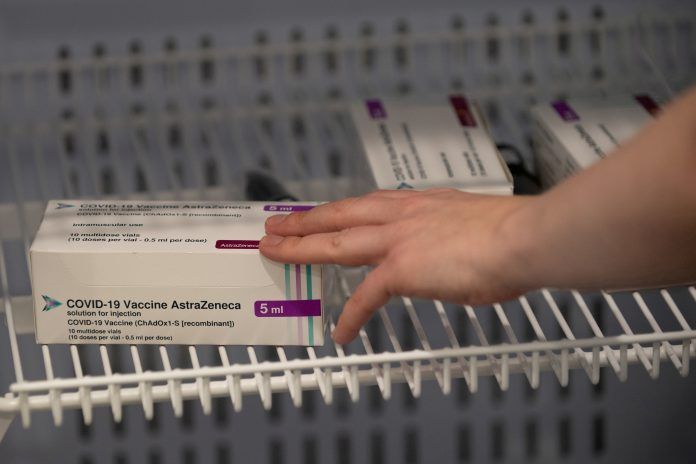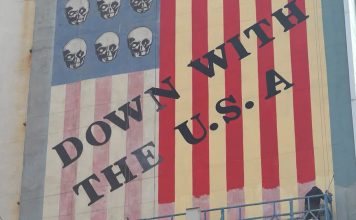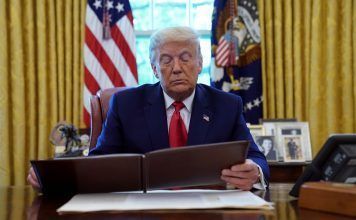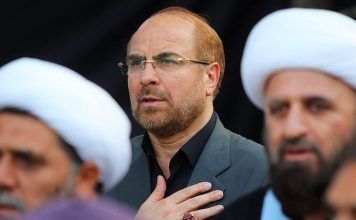
DUBAI, Feb 3 (Reuters) – Iran will receive more than 4 million doses of AstraZeneca’s COVID-19 shot from mid-February under the COVAX vaccine distribution scheme, the health minister said on Wednesday.
“The AstraZeneca company has announced that it will start delivering 4.2 million doses of coronavirus vaccine to Iran in February in the form of COVAX scheme,” Saeed Namaki told state TV, without referring to the Anglo-Swedish company’s British ties.
Iran‘s top authority, Supreme Leader Ayatollah Ali Khamenei, has banned the health ministry from importing U.S.- and British-made vaccines, which he said were unreliable and may be used to spread the infection to other nations.
Ayatollah Ali Khamenei Orders a Ban on Western Coronavirus Vaccines
Iran is participating in the COVAX scheme, co-led by the World Health Organization, that aims to secure fair access to vaccines for poorer countries.
Authorities have yet to announce when vaccinations will start formally in the Middle East’s worst-hit country, which has recorded nearly 1.5 million cases and 58,189 deaths, according to health ministry data on Wednesday.
[aesop_image img=”https://kayhanlife.com/wp-content/uploads/2020/11/2020-11-12T081810Z_1119313847_RC2K1K9TBLD6_RTRMADP_3_HEALTH-CORONAVIRUS-IRAN-scaled.jpg” panorama=”off” credit=”FILE PHOTO: Iranian People wearing protective masks as they board a bus, amid the outbreak of the coronavirus disease (COVID-19), in Tehran, Iran REUTERS./ ” align=”center” lightbox=”off” captionsrc=”custom” captionposition=”left” revealfx=”off” overlay_revealfx=”off”]
“We hope to start the vaccination as soon as we get the COVID-19 vaccines,” Namaki said.
Although there has been a decline in new infections in recent weeks, Namaki urged people to respect health protocols to prevent a new surge.
Iran said in January that it had approved Russia’s Sputnik V vaccine and plans to both import it and produce it.
Iranian officials said last week that the first Sputnik V shipment would arrive soon.
Tehran launched human trials of the first of its three domestic vaccine candidates in late December, saying this could help it defeat the pandemic despite U.S. sanctions.
(Writing by Parisa Hafezi; Editing by Giles Elgood)







